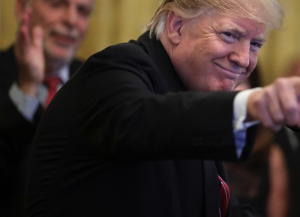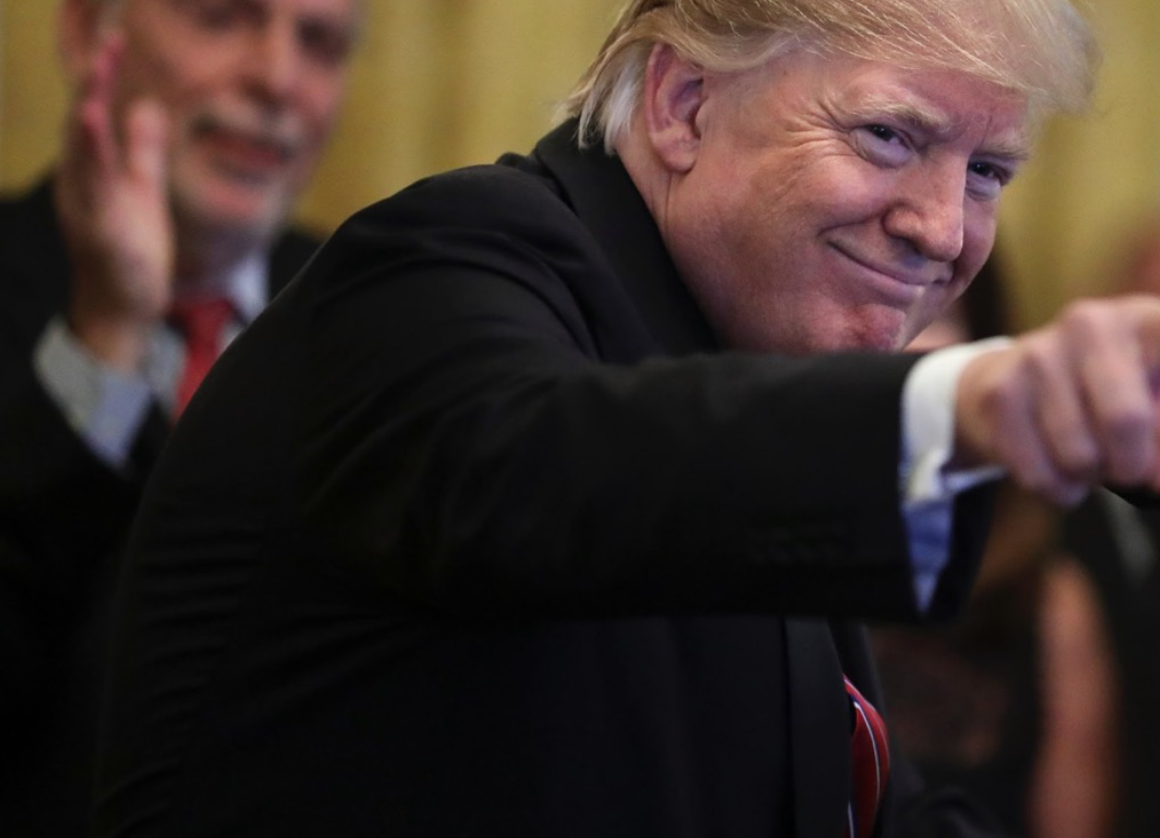Trump announced that he is placing a 5% tariff on all Mexican imports to pressure the country to do more to curb immigration into the US.
Trump said the tariff would gradually increase “until the illegal immigration problem is remedied.” He made the announcement via his Twitter page after telling reporters earlier on Thursday he was planning “a major statement” that would be his “biggest” so far about the border issue.
The White House said in a statement that Trump would use the International Emergency Economic Powers Act to implement the tariffs.
“If the illegal migration crisis is alleviated through effective actions taken by Mexico, to be determined in our sole discretion and judgment, the tariffs will be removed,” the White House said.
According to the Guardian, Investors are already afraid that increasing trade friction will hurt the global economy, the Mexican peso, U.S. stock index futures and Asian stock markets tumbled, including the shares of Japanese carmakers who export from Mexico into the U.S.
General Motors would be hit seriously hard if Trump imposes tariffs on Mexico and consumers will be forced to absorb the escalating costs-starting at 5%.
Trump has accused the Mexican government of failing to do enough to crack down on the number of migrants entering the U.S. in search of asylum from Central American countries including El Salvador, Honduras, and Guatemala.
Mexican president, Andrés Manuel López Obrador, responded to Trump with a two-page letter in which he wrote: “The Statue of Liberty is not an empty symbol … With all due respect, even though you have the right to say it, ‘make America great again’ is a fallacy because, until the end of times, and beyond national borders, universal justice and fraternity should prevail.”
The US would impose the 5% tariff on Mexico starting on June 10, and it would steadily increase to 25% or until illegal immigration across the southern border was stopped.
Rufus Yerxa, the president of the National Foreign Trade Council, which represents the largest US exporters, told the New York Times the move was “a colossal blunder.”
The tariffs will ultimately cost U.S. consumers more for a wide variety of items that are usually exported from Mexico, from cars (via Japan) to Tequila and avocados.




